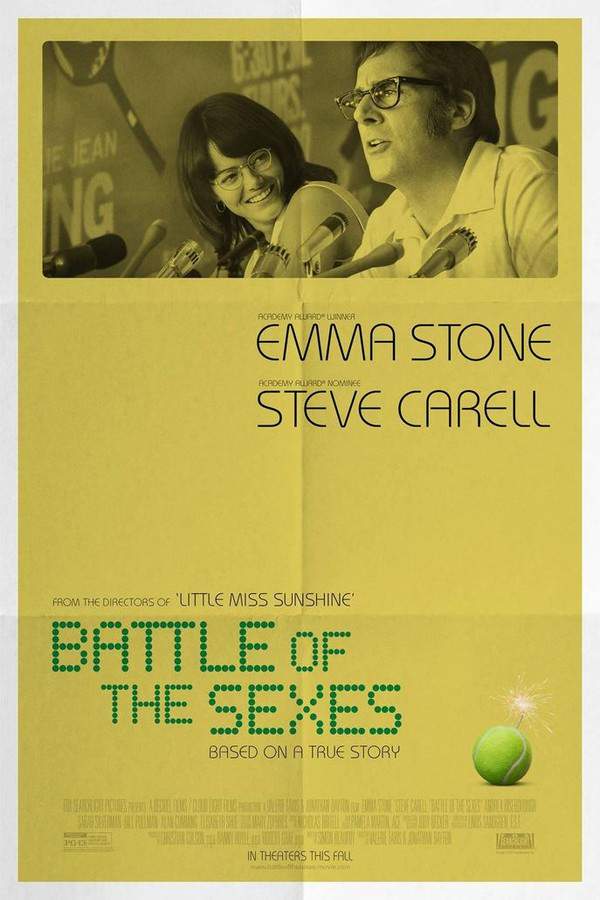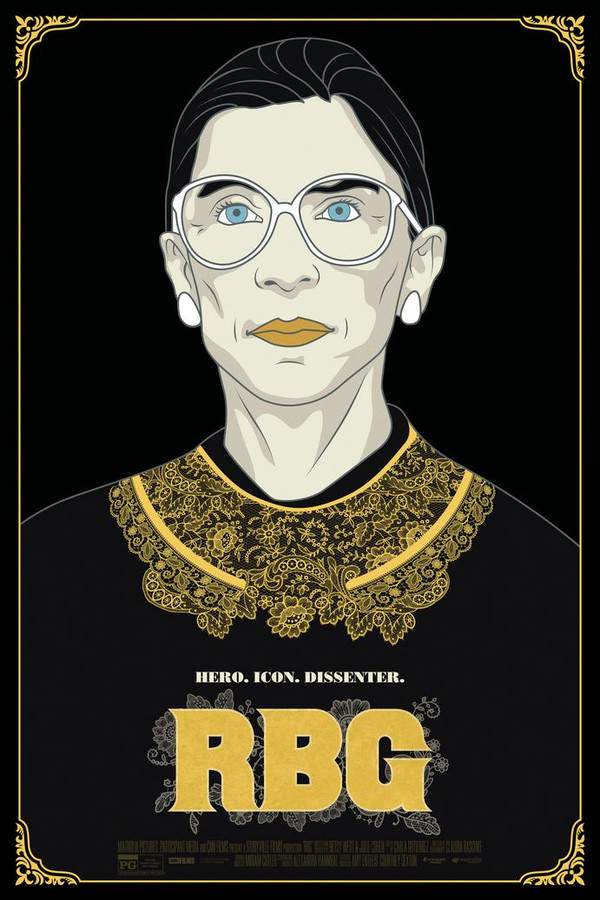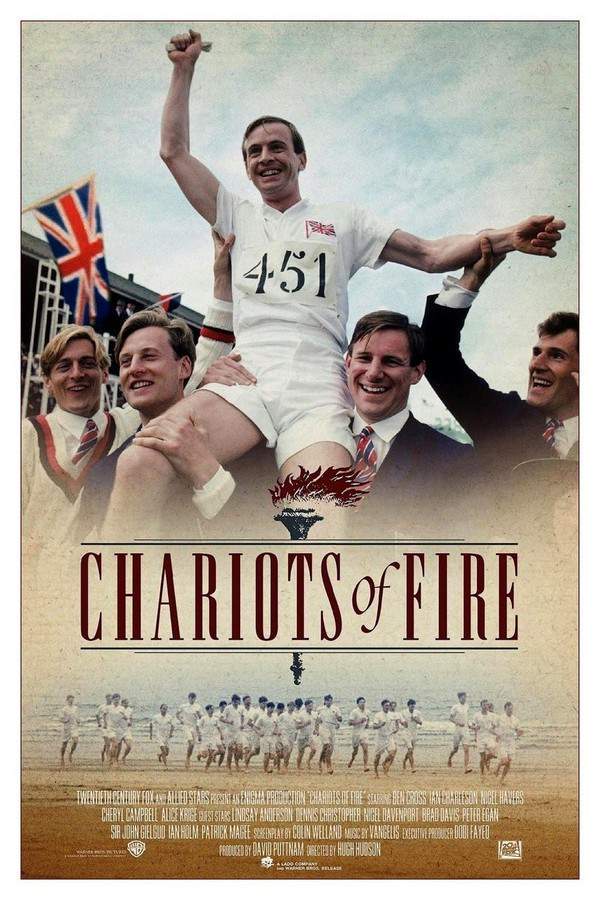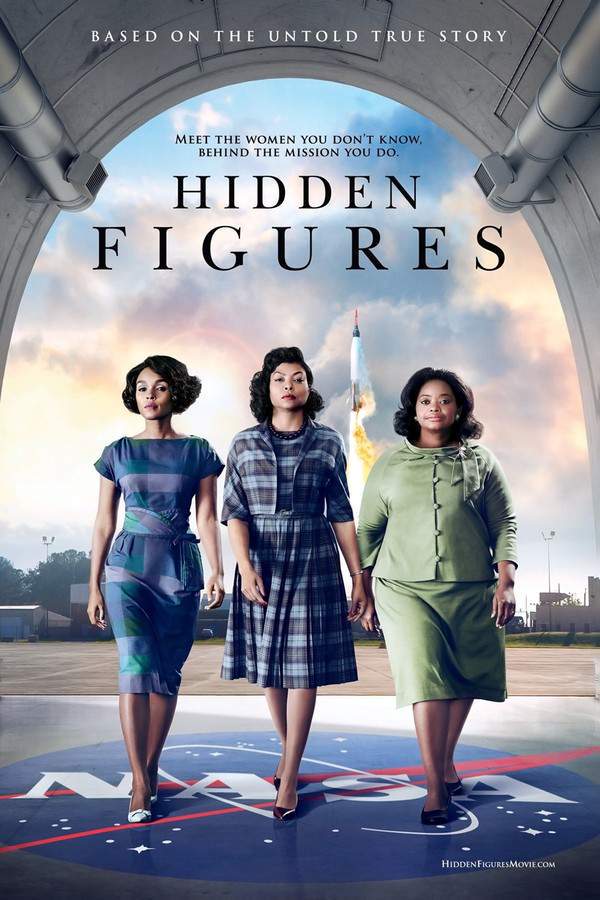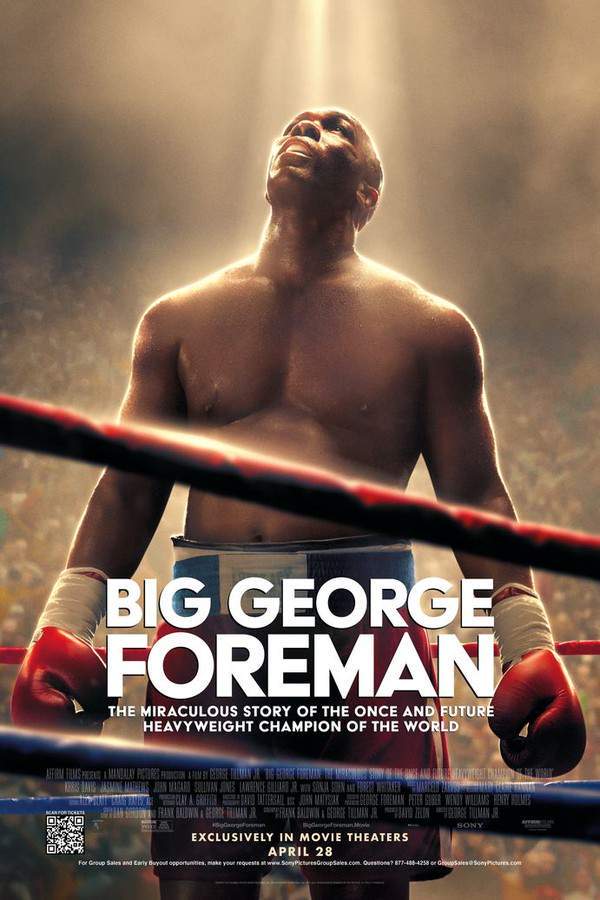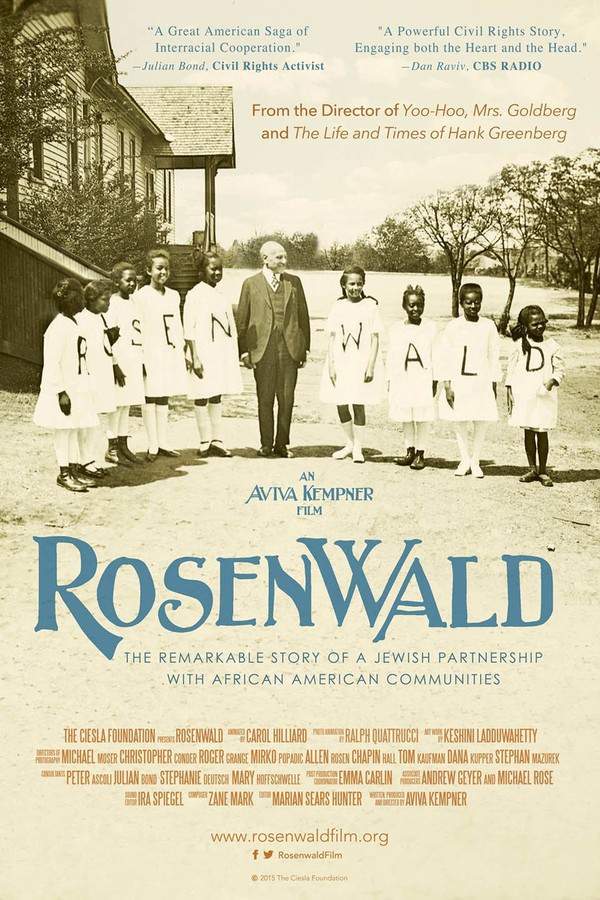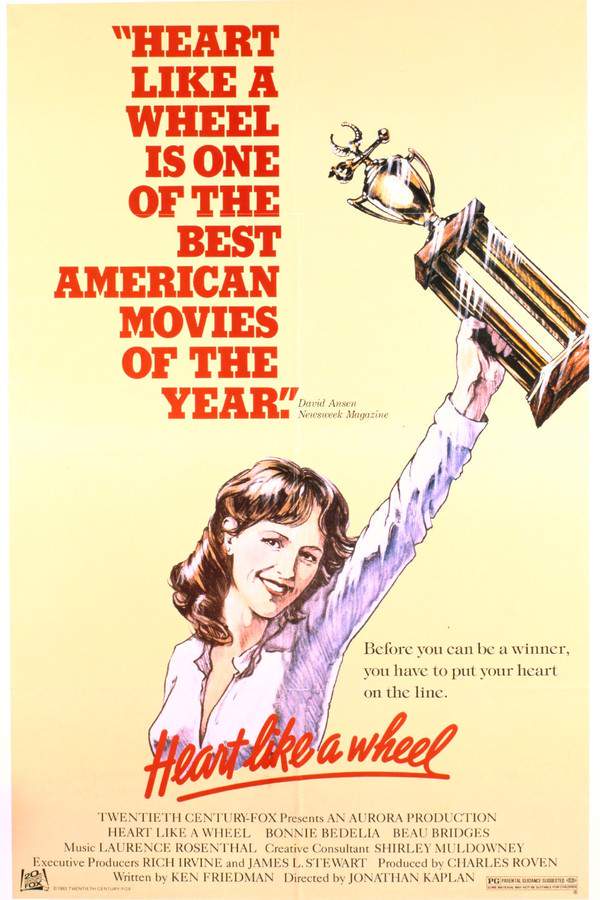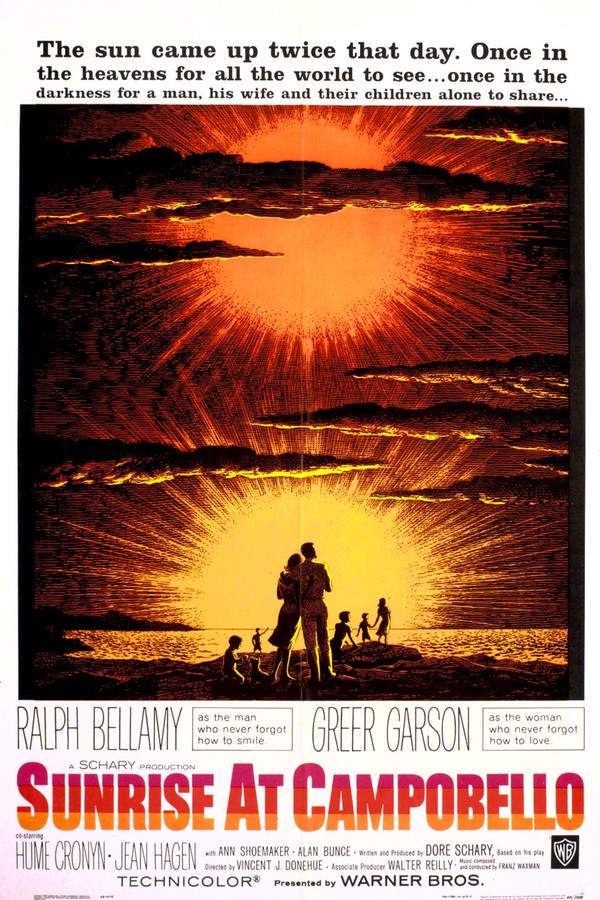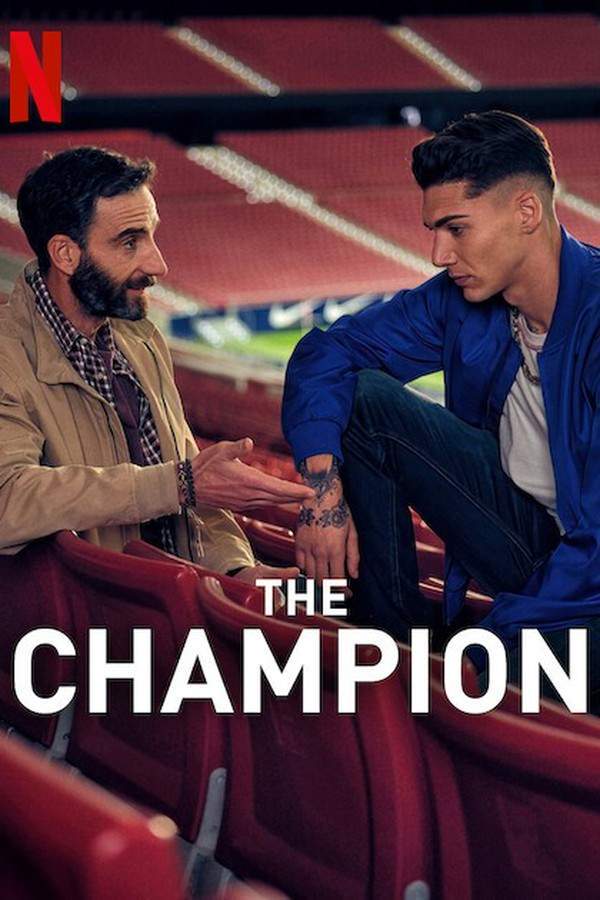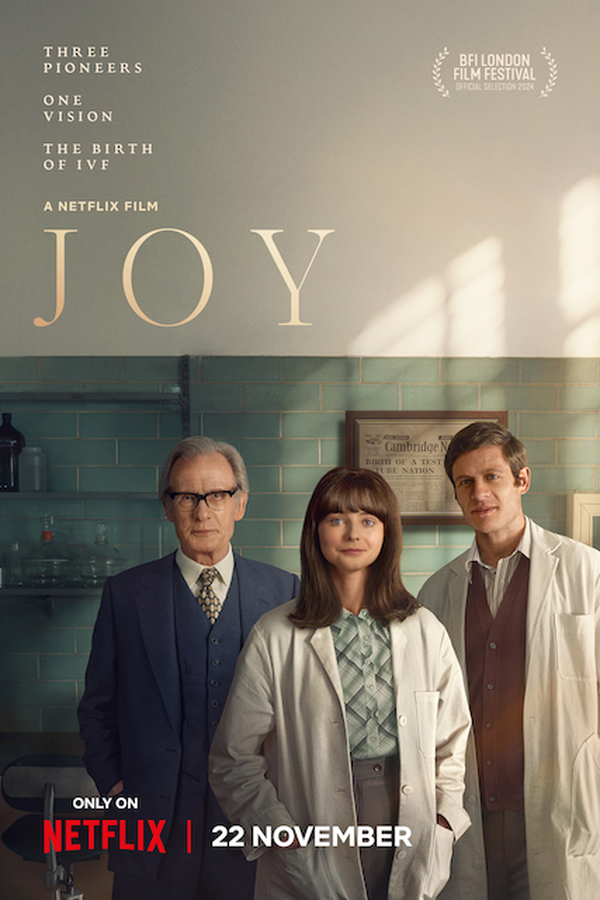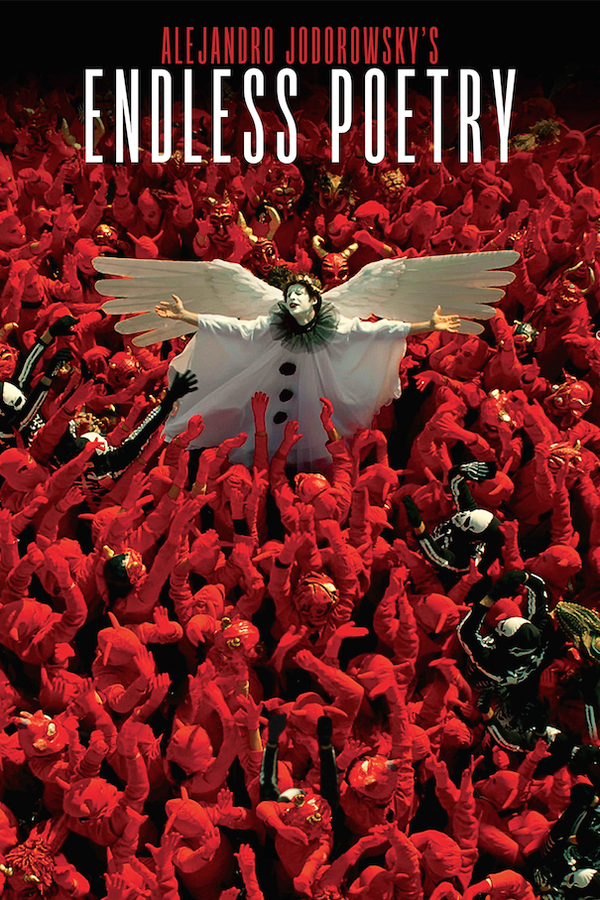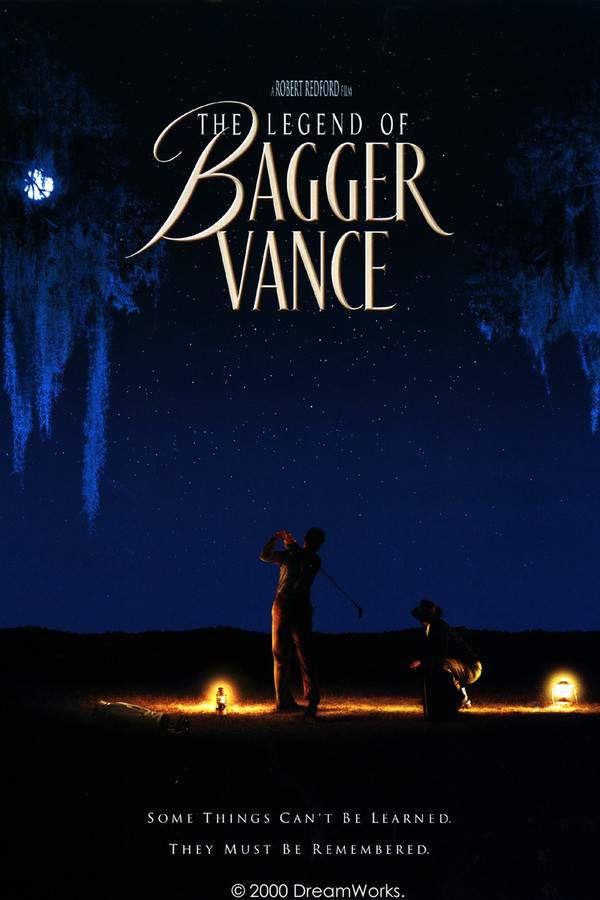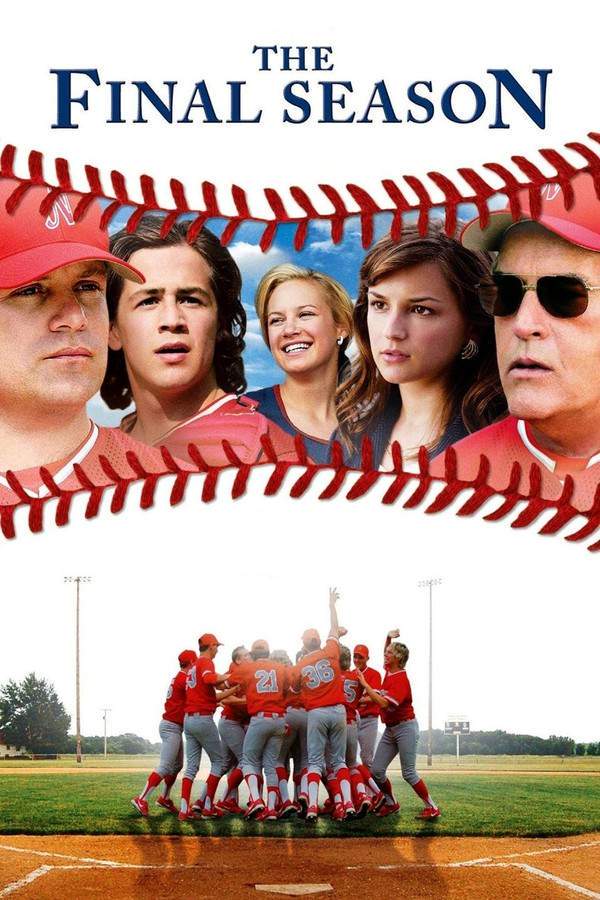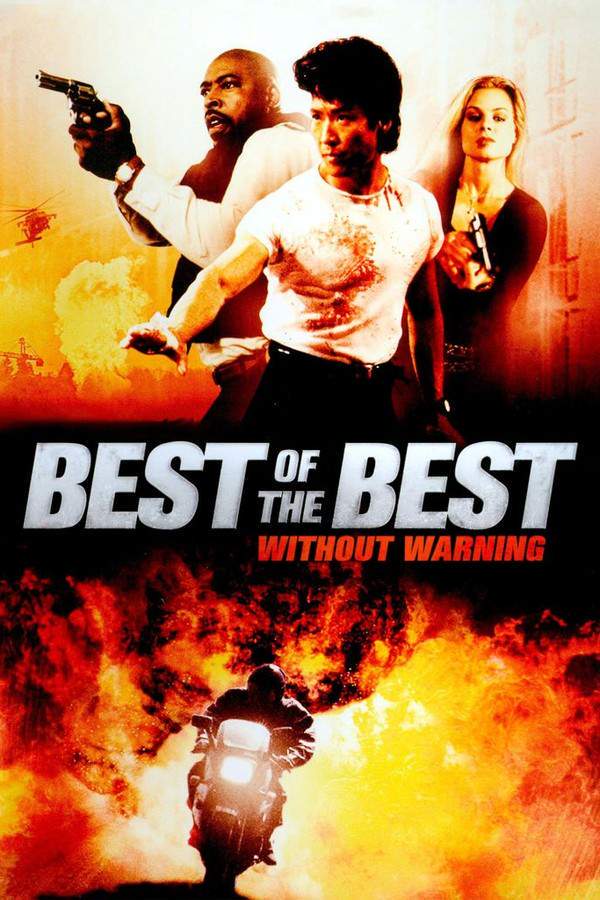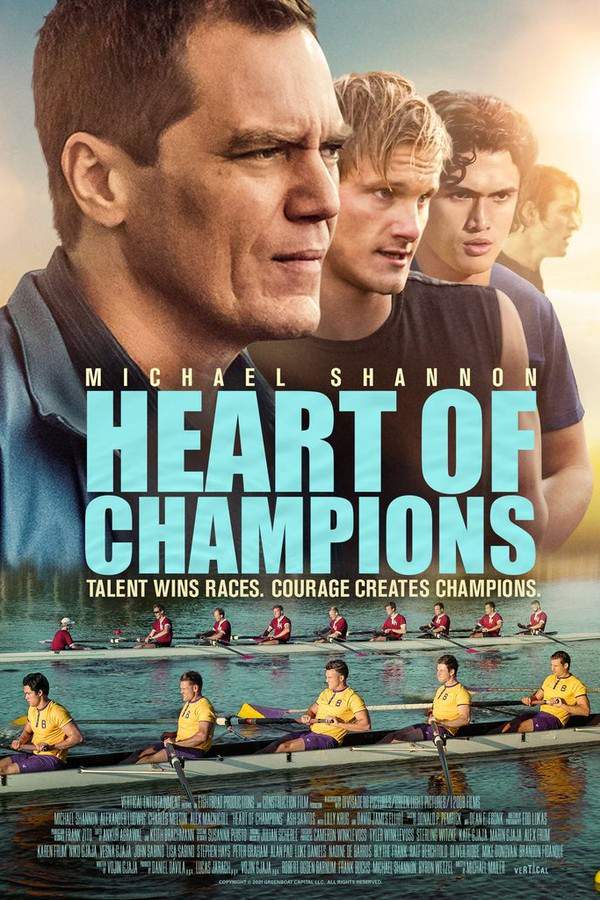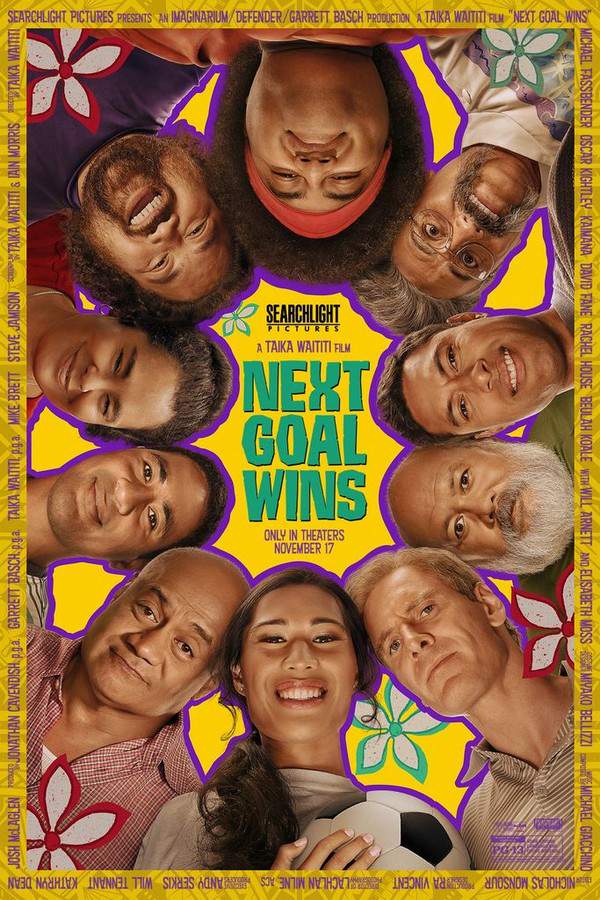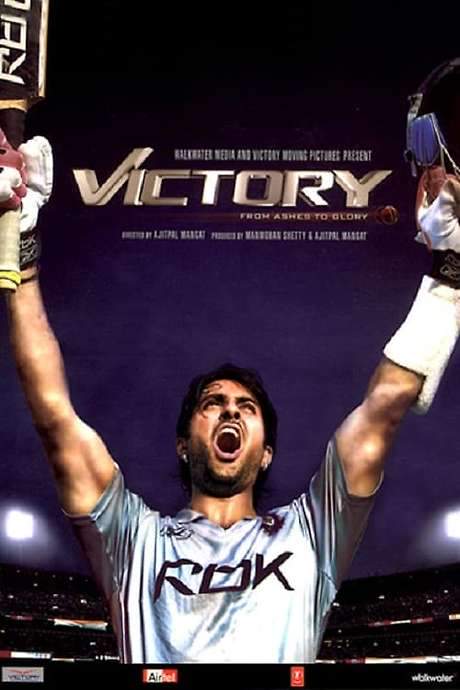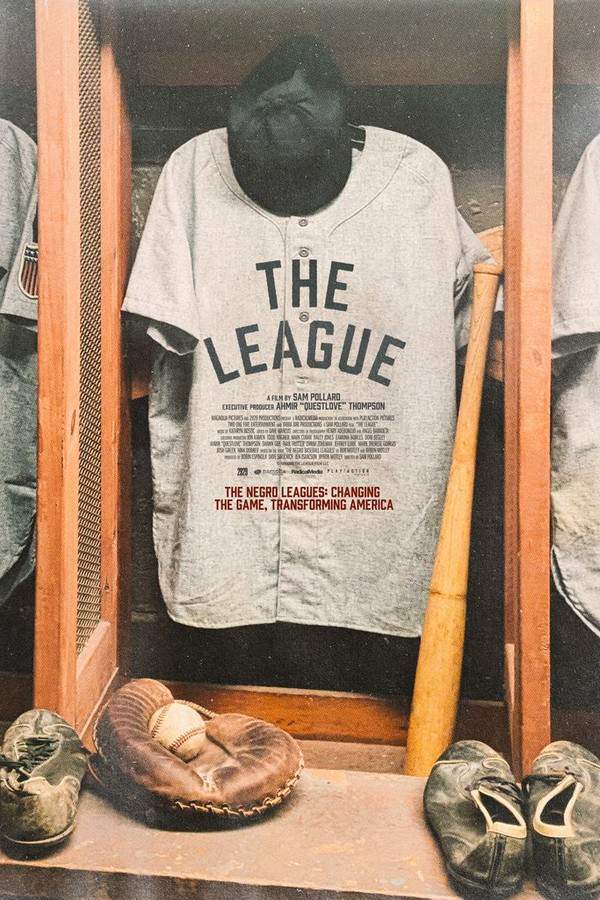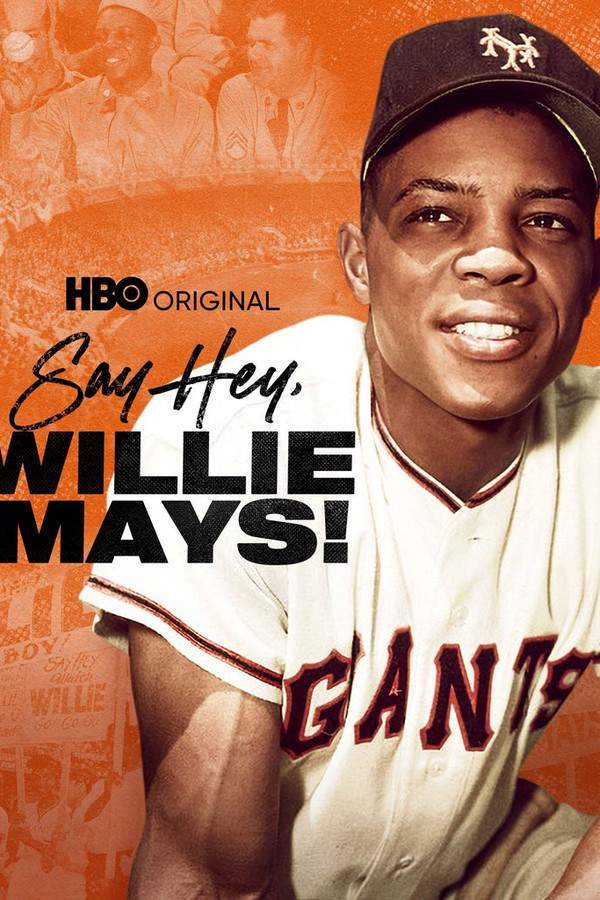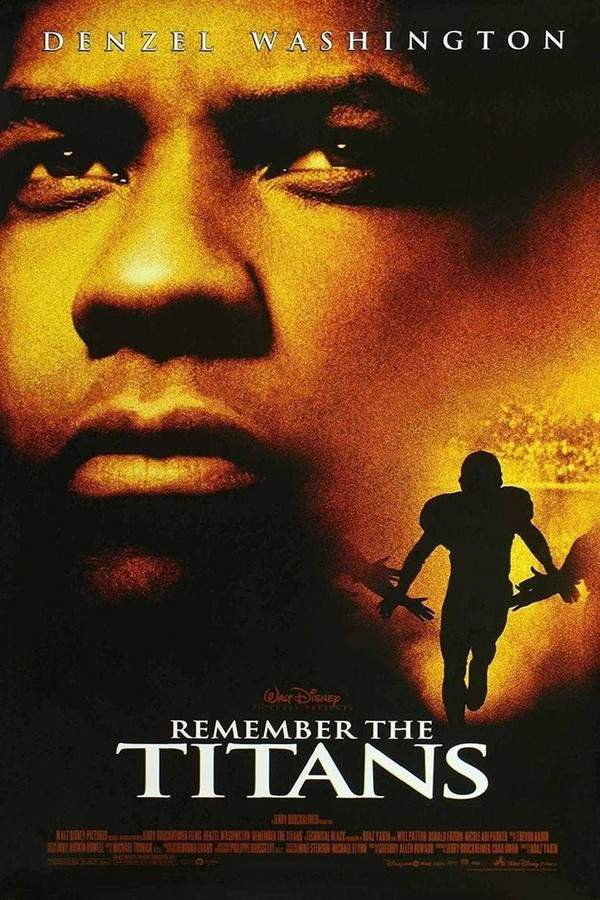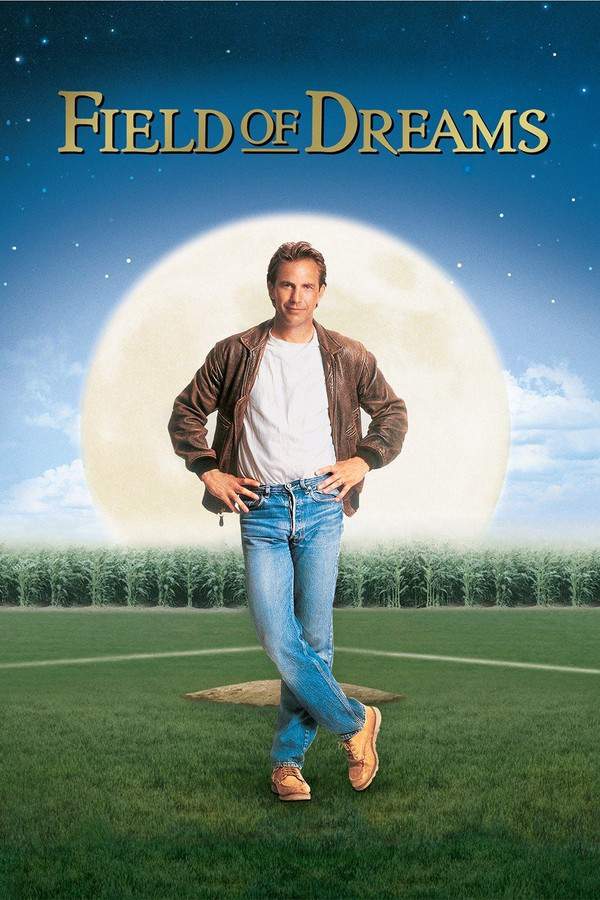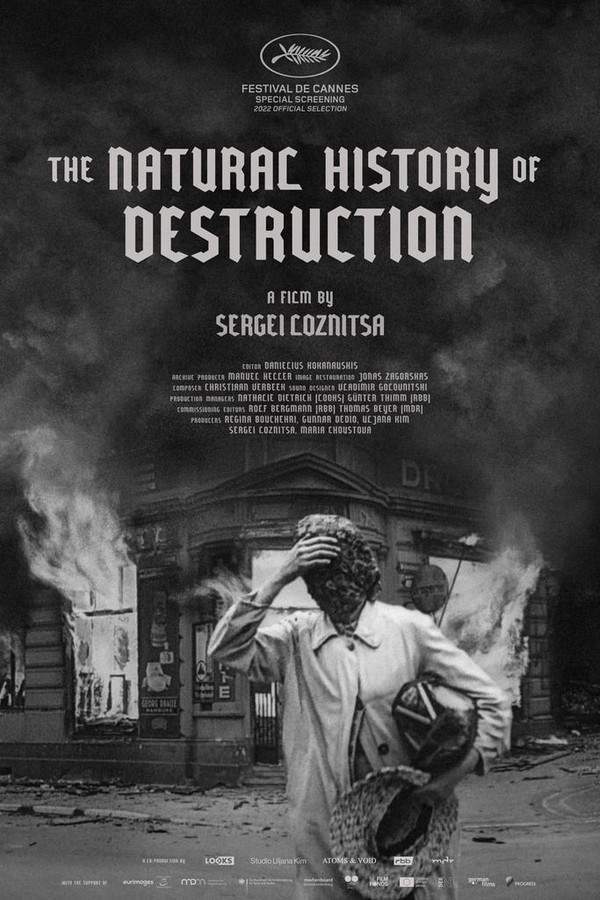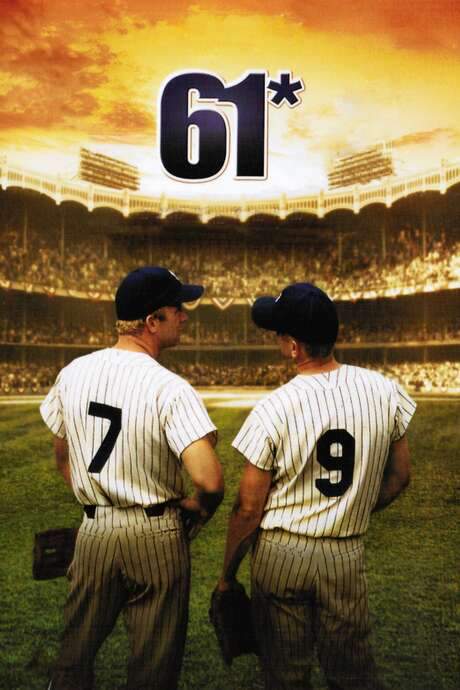
42
Year: 2013
Runtime: 128 min
Language: English
Director: Brian Helgeland
Budget: $40M
In 1946, baseball executive Branch Rickey makes a bold decision to sign Jackie Robinson to the Brooklyn Dodgers, breaking the long-standing color barrier in Major League Baseball. Robinson endures relentless prejudice and hostility from opposing fans, the media, and even some of his own teammates. His remarkable skill, quiet dignity, and unwavering resolve in the face of intense racism ultimately inspire a nation and forever change the landscape of professional sports.
Warning: spoilers below!
Haven’t seen 42 yet? This summary contains major spoilers. Bookmark the page, watch the movie, and come back for the full breakdown. If you're ready, scroll on and relive the story!
42 (2013) – Full Plot Summary & Ending Explained
Read the complete plot breakdown of 42 (2013), including all key story events, major twists, and the ending explained in detail. Discover what really happened—and what it all means.
The film chronicles the inspiring journey of Jackie Robinson, portrayed by Chadwick Boseman, and his momentous signing with the Brooklyn Dodgers, under the strategic guidance of team executive Branch Rickey, played by Harrison Ford. This pivotal decision marks Robinson as the first African American to break the baseball color barrier, with the narrative primarily centering on the 1947 Brooklyn Dodgers season alongside earlier events from 1946, detailing his time with the Montreal Royals.
In the backdrop of 1945, as the Allied forces had just liberated Europe from Nazi control, Jackie and many other African Americans, who bravely served their country, returned home only to face the harsh realities of racism, segregation, and Jim Crow laws. In an era when organized baseball had no African American representation, they competed in their own leagues, which lacked the financial resources and talent of the majors.
When Branch Rickey (played by Harrison Ford) meets with sportswriter Wendell Smith (portrayed by Andre Holland), he expresses his ambition to recruit an African American player for the Dodgers, prompting Wendell to suggest Jackie Robinson as the ideal candidate. Armed with the perspective that there are no laws against his decision, Rickey hopes to leave a lasting legacy on the game he holds dear. Despite warnings from Harold Parrott (T.R. Knight) and coach Clyde Sukeforth (Toby Huss), Rickey is resolute, recognizing the potential economic and cultural benefits of attracting African American fans to the stadiums.
Robinson’s reputation as a hothead precedes him; once a commissioned army officer, he was court-martialed for refusing to sit at the back of a bus. Clyde fears this temperament could lead to confrontations with umpires and disrupt the team.
In 1945, while travelling with the Kansas City Monarchs, an incident at a gas station underscores the racial tensions of the time. When the attendant denies Robinson access to the restroom, he calmly suggests they find another station, ultimately prompting the attendant to relent. Shortly after, Clyde invites him to Brooklyn for a pivotal meeting with Rickey, offering Robinson a contract of $600 a month with a signing bonus of $3,500. However, Rickey sets a crucial condition—Robinson must exercise restraint against provocations, responding on the field instead of paying attention to the off-field injustices.
In an emotional moment, Robinson proposes to his girlfriend, Rachel (played by Nicole Beharie), over the phone, and she joyfully accepts. Together, they later attend Dodger spring training in Florida, where they face challenges, including being removed from a flight due to Rachel using a restroom meant for white patrons, showcasing their defiance in a segregated society.
During training, Wendell Smith is assigned as Robinson’s chronicler, while Rickey navigates the resistance of players and staff who oppose the integration of African Americans into the team. As Robinson trains in Sanford, he stays with Mr. Brock (James Pickens Jr.), who recognizes that Robinson is a beacon of hope for African American athletes nationwide.
Robinson’s natural talent shines through his extraordinary skills and abilities, particularly in stealing bases and scoring. Yet, during a game in Daytona Beach, he faces hostility as a local sheriff asks him to leave simply because of his skin color. Despite these challenges and opposition from teammates, he eventually secures a position with the Montreal Royals and earns a spot in the major leagues.
As tensions rise, manager Leo Durocher (played by Christopher Meloni) stands firm in his commitment to play Robinson, even when pressured by a petition from the team against it. The specter of racism takes center stage when a game against the Philadelphia Phillies places Robinson in the line of fire, as enemy taunts led by player Ben Chapman (played by Alan Tudyk) push him to his limits.
With Rickey’s support, Robinson finds his strength, turning his frustration into action—he hits a single, steals bases, and ultimately scores the winning run. This victory spurs media coverage that forces Chapman’s owner to showcase a public image of unity alongside Robinson.
In the heat of competition, teammate Pee Wee Reese (played by Lucas Black) comes to empathize with Robinson’s plight, making a powerful statement of solidarity publicly by standing with him despite a hostile crowd. They face more trials together, including an incident where Enos Slaughter spikes Robinson, but Jackie’s wisdom prevails as he urges the team to focus on their gameplay rather than retaliate.
When Robinson’s skill culminates in a stunning home run against Fritz Ostermueller, it secures the National League pennant for the Dodgers. The narrative crescendos with their upcoming journey to the World Series, where they ultimately fall short against the New York Yankees in a tight seven-game battle.
The film concludes with a reflective epilogue, acknowledging Rickey, Robinson, and their teammates who carved out storied careers in baseball, many of whom went on to be enshrined in the Baseball Hall of Fame, paving the way for future generations of African American players to confidently step onto the field in the years to come.
Last Updated: November 02, 2024 at 11:26
Explore Movie Threads
Discover curated groups of movies connected by mood, themes, and story style. Browse collections built around emotion, atmosphere, and narrative focus to easily find films that match what you feel like watching right now.
Underdog Historical Biopics Like 42
True stories where quiet determination overcomes overwhelming social prejudice.If you were inspired by 42, explore more movies like it that chronicle true stories of quiet courage. These historical biopics feature individuals fighting systemic injustice, offering a similar blend of tense social drama and hopeful, inspiring narratives.
Narrative Summary
The narrative follows a linear, chronological path detailing a specific historical struggle. The central conflict is external—a protagonist versus a prejudiced system—with the drama arising from their quiet perseverance and the tension of whether society will change. The journey is arduous, culminating in a meaningful, if not perfectly happy, victory.
Why These Movies?
Movies in this thread share a core focus on real-life figures breaking barriers. They balance the depiction of serious social issues with an uplifting tone, creating a specific emotional mix of tension and inspiration. The pacing is steady and the emotional weight is medium, making the stories impactful yet accessible.
Movies with Bittersweet Triumphs Like 42
Stories where a personal victory is monumental, yet the personal cost remains.For viewers who appreciated the bittersweet ending of 42, this thread collects similar movies where a hard-won victory comes with personal cost. Discover films that balance inspirational success with emotional realism, leaving you with a powerful, complex feeling.
Narrative Summary
The narrative builds towards a major, often public, success that has broader implications beyond the protagonist. However, the climax is undercut by a personal cost, a loss, or the sheer exhaustion of the struggle. The ending feels earned and hopeful for the future, but also soberly acknowledges the price paid for progress.
Why These Movies?
This thread groups movies based on a specific emotional payoff. They share a tonal balance where hope and melancholy coexist in the conclusion. The films are driven by high-stakes conflicts and leave the audience with a powerful, reflective feeling rather than simple euphoria.
Unlock the Full Story of 42
Don't stop at just watching — explore 42 in full detail. From the complete plot summary and scene-by-scene timeline to character breakdowns, thematic analysis, and a deep dive into the ending — every page helps you truly understand what 42 is all about. Plus, discover what's next after the movie.
42 Timeline
Track the full timeline of 42 with every major event arranged chronologically. Perfect for decoding non-linear storytelling, flashbacks, or parallel narratives with a clear scene-by-scene breakdown.

Characters, Settings & Themes in 42
Discover the characters, locations, and core themes that shape 42. Get insights into symbolic elements, setting significance, and deeper narrative meaning — ideal for thematic analysis and movie breakdowns.

42 Spoiler-Free Summary
Get a quick, spoiler-free overview of 42 that covers the main plot points and key details without revealing any major twists or spoilers. Perfect for those who want to know what to expect before diving in.

More About 42
Visit What's After the Movie to explore more about 42: box office results, cast and crew info, production details, post-credit scenes, and external links — all in one place for movie fans and researchers.

Similar Movies to 42
Discover movies like 42 that share similar genres, themes, and storytelling elements. Whether you’re drawn to the atmosphere, character arcs, or plot structure, these curated recommendations will help you explore more films you’ll love.
Explore More About Movie 42
42 (2013) Scene-by-Scene Movie Timeline
42 (2013) Movie Characters, Themes & Settings
42 (2013) Spoiler-Free Summary & Key Flow
Movies Like 42 – Similar Titles You’ll Enjoy
Moneyball (2011) Full Summary & Key Details
Race (2016) Ending Explained & Film Insights
The League (2023) Movie Recap & Themes
Say Hey, Willie Mays! (2022) Plot Summary & Ending Explained
Remember the Titans (2000) Movie Recap & Themes
Field of Dreams (1989) Story Summary & Characters
The Natural (1984) Spoiler-Packed Plot Recap
Long Time Coming: A 1955 Baseball Story (2017) Ending Explained & Film Insights
61* (2001) Detailed Story Recap
The Court-Martial of Jackie Robinson (1990) Spoiler-Packed Plot Recap
Extra Innings (2020) Detailed Story Recap
The Jackie Robinson Story (1950) Story Summary & Characters
Soul of the Game (1996) Story Summary & Characters
The Pride of the Yankees (1942) Full Summary & Key Details
After Jackie (2022) Plot Summary & Ending Explained

